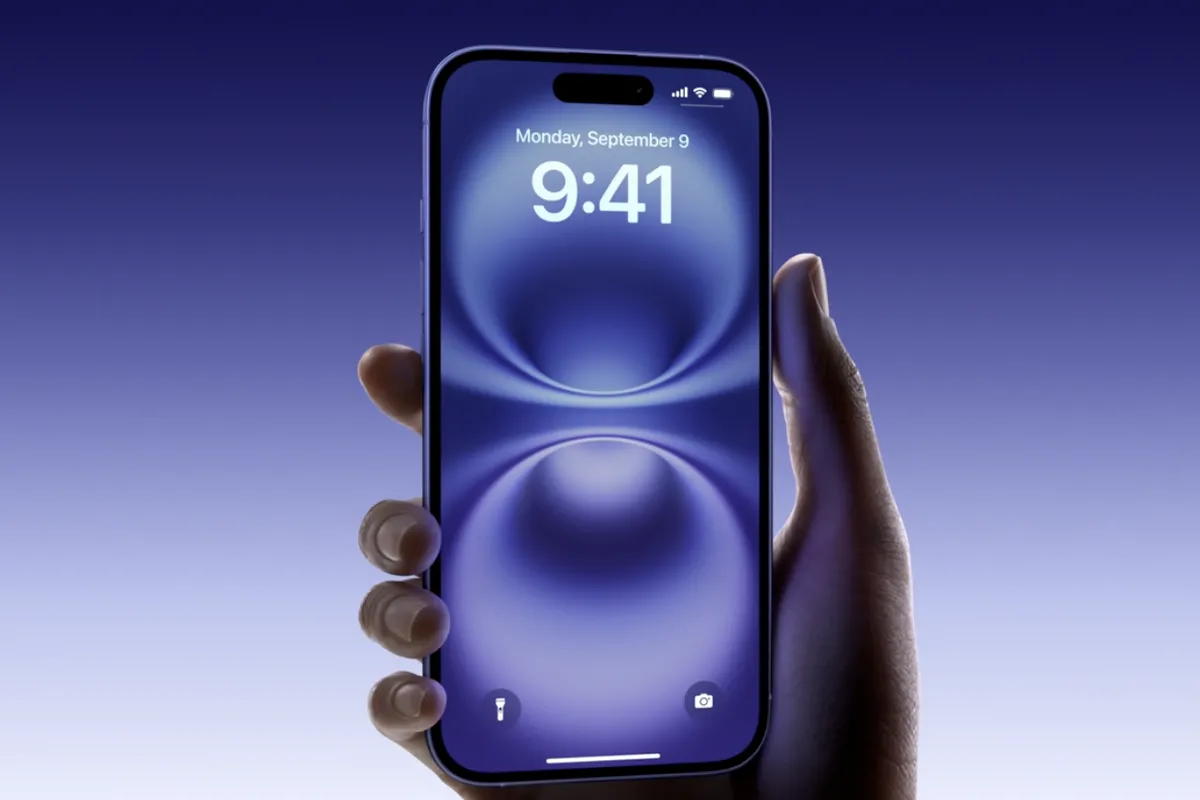

Image credit: Apple
Apple launched a public test version of its Apple Intelligence AI features a day before the iPhone 16 range went on sale on Friday, allowing a broader range of people to try out the tools that it is counting on to boost sales.
Only two high-end iPhone 15 models, the iPhone 15 Pro and Pro Max, are able to run the AI features, as well as the iPhone 16 range, meaning hundreds of millions of devices are in use that users may choose to upgrade in order to take advantage of the offerings.
The public beta-test version of iOS 18.1 released late last week includes test versions of Siri improvements, text composition tools, photo cleanup and other AI-powered features.
The features are expected to roll out in US English next month with the formal lauch of iOS 18.1.
Apple launched iOS 18 without the AI features last week.
After their initial launch in US English, Apple is expected to add localised English versions in the UK, Canada, Australia, South Africa, and New Zealand in December, followed by India and Singapore next year.
The company said it plans to add support for Chinese, French, Japanese, and Spanish languages next year.
The lack of Chinese-language support has dampened enthusiasm for the latest iPhones in the key China market, where the phones launched on Friday as they did in most other markets, according to local resellers.
Apple said Siri would become more conversational and responsive with the update, would be able to perform a wider range of tasks and be less prone to becoming confused.
Siri won’t be able to interact with other apps installed on iPhones until another software update at an unspecified date, Apple said.
The beta release also includes AI features for writing and proofreading emails or other texts, summarising the contents of emails and other documents, editing tools for photos and search features for old pictures.
The update also allows newer iPhone models to record spatial video that can be viewed on the £3,500 Vision Pro headset.
Other AI features previewed at Apple’s AI event will come later, such as the ability to create customised emojis on the fly or generate imagery based on text prompts.
iPhones are also set to receive integration with OpenAI’s ChatGPT at a later date.
A key selling point of Apple’s AI is that most tasks will be performed on the device, rather than in the cloud as with ChatGPT, but the company said users will be able to draw on OpenAI’s cloud-based infrastructure for certain tasks.
American space agency prepares for testing of Boeing's Starliner, to ensure it has two space…
As UK and Europe develop closer military ties, European Commission says it will invest €1.3…
Zuckerberg seeks to revive Facebook's original spirit, as Meta launches Facebook Friends tab, so users…
Notable development for Meta, after appeal against 2021 WhatsApp privacy fine is backed by advisor…
First sign of shake-up under new CEO Lip-Bu Tan? Three Intel board members confirm they…
Trump's nominee for SEC Chairman, Paul Atkins, has pledged a “rational, coherent, and principled approach”…